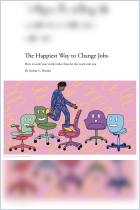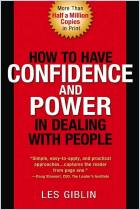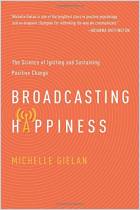
Make Yourself Happy: Be Kind
How to break the negative feedback loop that can make us act mean
Recommendation
Most people see themselves as kind, socially positive individuals. However, remaining a nice, generous person becomes increasingly difficult when you’re faced with negativity. It’s almost silly how someone cutting you off in traffic can really ruin your day. That is why Harvard social scientist Arthur C. Brooks’s article in The Atlantic suggests using a different strategy. Based on his years of research, Brooks argues that in order to be kind and remain kind, you must respond to any negativity with positivity. He suggests that smiling, giving an encouraging compliment and lending a helping hand will make you happier in the end.
Summary
About the Author
Harvard professor Arthur C. Brooks, PhD, is also the author of Gross National Happiness: Why Happiness Matters for America and How We Can Get More of It; From Strength to Strength: Finding Success, Happiness and Deep Purpose in the Second Half of Life; Love Your Enemies: How Decent People Can Save America from the Culture of Contempt; and Who Really Cares: The Surprising Truth about Compassionate Conservatism.




















Comment on this summary